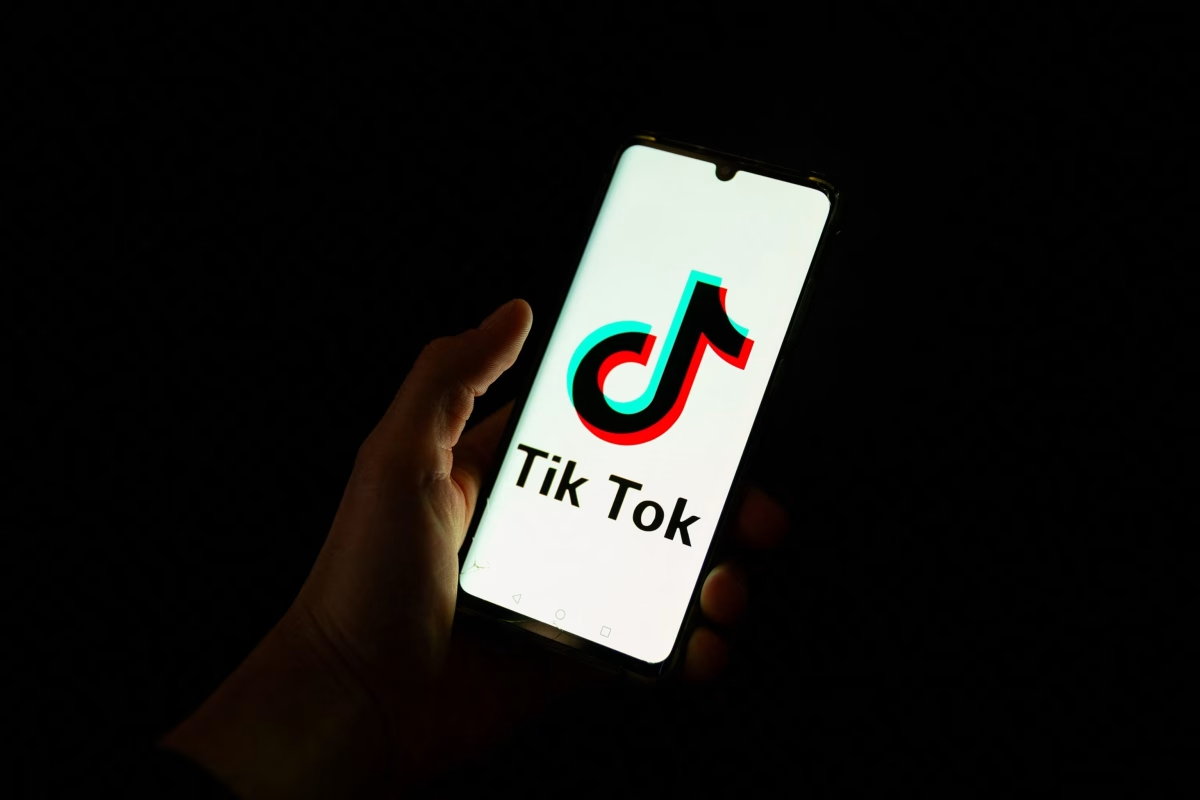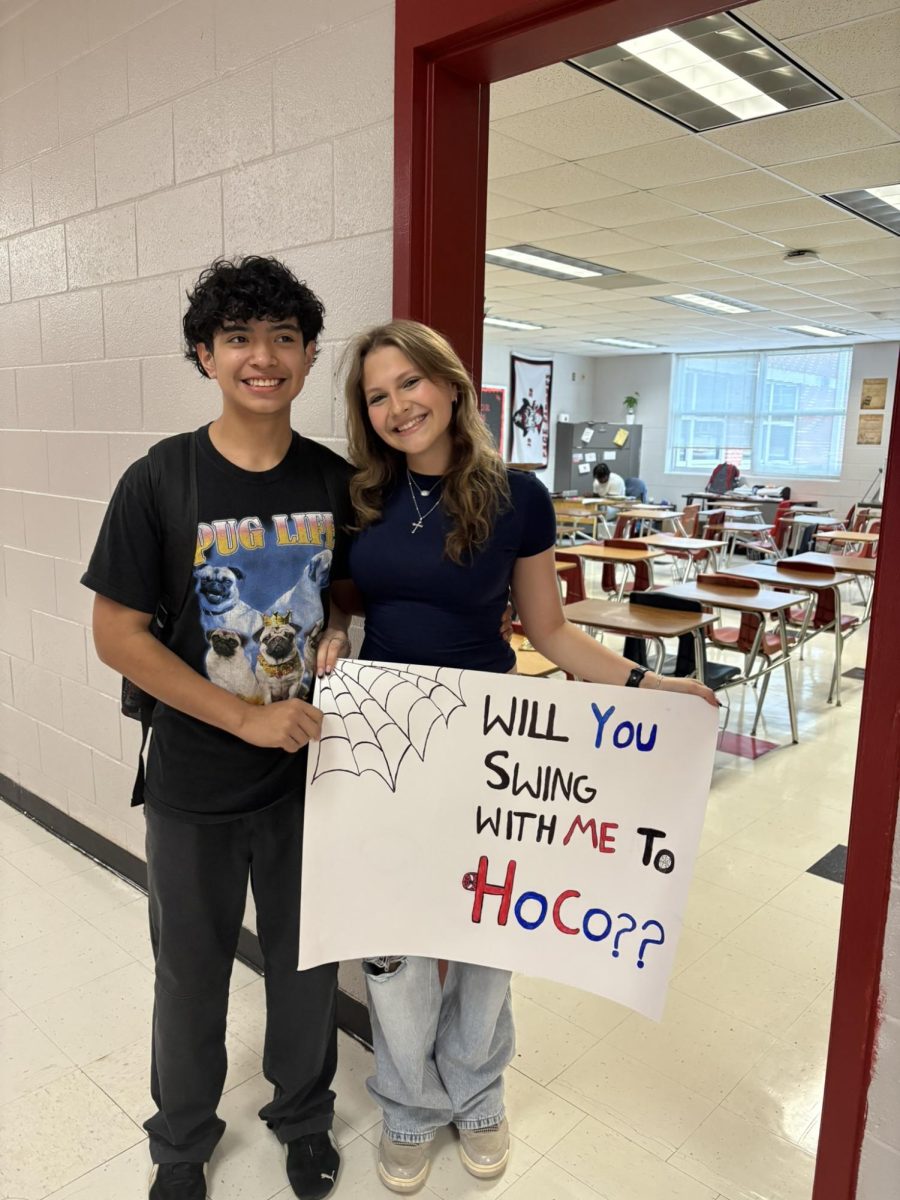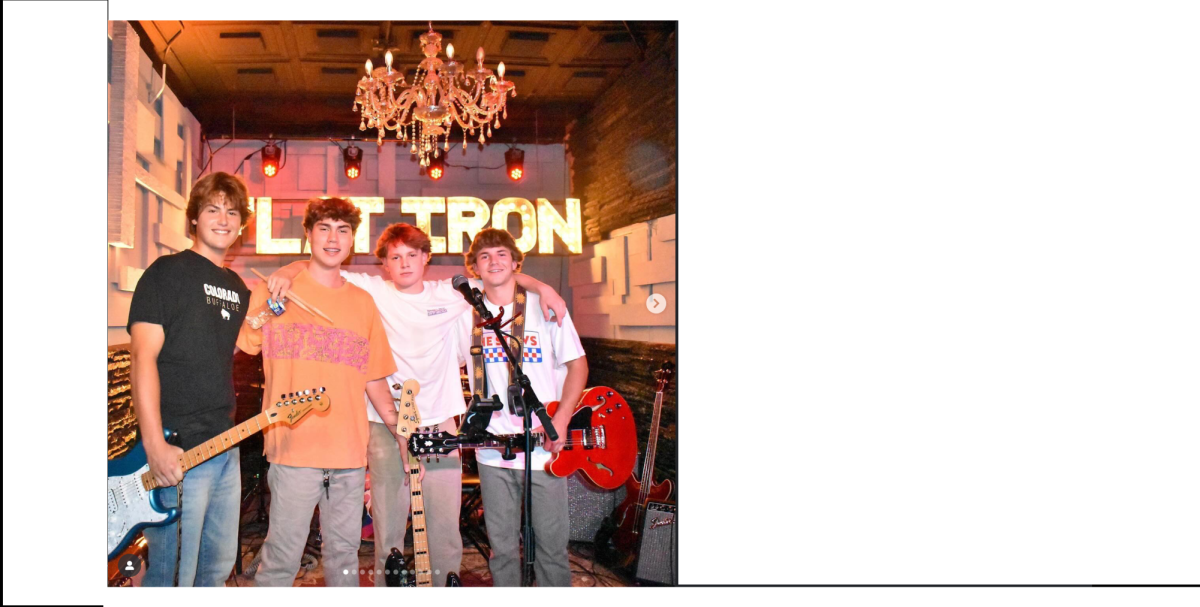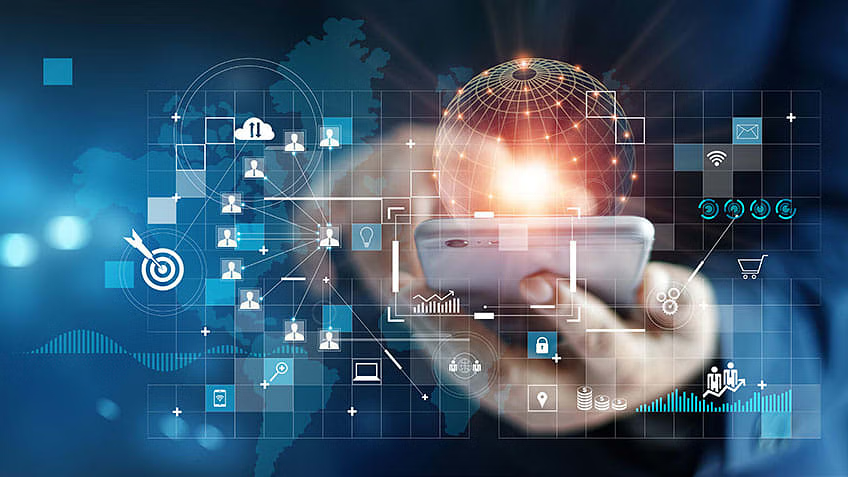As a fellow TikTok lover, I myself understand the grasp it has on society. It’s become an aspect of most people’s lives that cannot be easily taken away. TikTok has undeniably altered the way people interact with social media, influencing culture, communication, and even mental health. With its short-form videos and algorithm-driven content, TikTok has captivated millions. It offers a safe space for people and it fosters creativity and global trends. However, its impact on people’s lives is complex, raising both positive and negative concerns.
On the positive side, TikTok has become a powerful platform for self-expression and creativity. Users showcase their talents, from dancing and comedy to education and activism. The app has provided a voice for marginalized communities, offering a space to share experiences and raise awareness about important issues that circulate the globe. Small businesses and independent creators have also found success through viral marketing and have often reached audiences that they wouldn’t have been able to through traditional means.
TikTok has also revolutionized entertainment and education. Informational content, such as science/math explainers, financial advice, and language-learning tips, has made knowledge more accessible to younger generations and older ones. The platform has also played a role in political activism, mobilizing youth to engage in social movements and spread awareness about global issues. TikTok also offers hacks and tips to live your everyday life, whether it be food recipes, hair products, tanning routines, studying ideas, how to parallel park, or simply how to make garlic bagels.
TikTok also acts as a major news outlet for most of its users, as many are younger individuals. These users don’t typically watch or read the news which means that TikTok is how they receive knowledge on what is happening in the world. This could lead to greater involvement in global and national issues as more people are being made aware through TikTok. Its fast growing nature and ability to have information reach millions quickly, has made it a primary source of news for many.
Despite these positives, TikTok also has its drawbacks. One of the most significant concerns is its impact on mental health. The app’s algorithm is designed to keep users engaged for long periods, often leading to addiction-like behaviors. Users’ endless scrolling can contribute to procrastination, reduced productivity, and even anxiety as users compare themselves to unrealistic beauty and lifestyle standards that are promoted on the app.
TikTok has also been criticized for its data privacy policies. Concerns over how user data is collected and shared have led to debates about national security and digital ethics. Some feel as though there are ethical violations regarding whether or not their information is being collected. Governments worldwide have scrutinized the app, with some even considering banning it to prevent potential data breaches. Recently there was a major ban in the United States which sent users into a state of panic and these desperate participants turned to Instagram reels as a way to receive the same “high” that TikTok gives them. This was proven to not be the same. Ultimately the ban only lasted for one day, resulting in feelings of jubilation throughout all of America.
TikTok also plays a role in the spread of misinformation. With its rapid-sharing nature, false information can go viral before fact-checkers have the chance to intervene. This has been particularly dangerous in areas such as health, politics, and social issues, where misleading content can have real-world consequences and potentially damage the lives of others. While TikTok can encourage political and social awareness, it also creates an environment where trends dictate discussion, sometimes prioritizing engagement over accuracy. This double effect makes it powerful when it comes to spreading information as well as risky with the possibility for unchecked news consumption.
Moreover, the platform’s influence on young users is extreme. Many teenagers experience unrealistic expectations due to the fake and curated content they see, leading to issues with self-esteem and body image. The pursuit of internet fame has also pushed some to engage in dangerous behaviors for the sake of going viral, some of which have led to legal trouble and serious injuries.
In conclusion, TikTok’s impact on people’s lives is multifaceted. While it provides a space for creativity, connection, and learning opportunities, it also poses risks related to mental health, privacy, and misinformation. As the app continues to develop, it is crucial for users to practice mindful consumption and for policymakers to ensure safeguards are in place to protect individuals from its potential harms. TikTok’s effects depend on how it is used and it is ultimately in the hands of the users whether or not it becomes a source of inspiration or a source of stress.
















